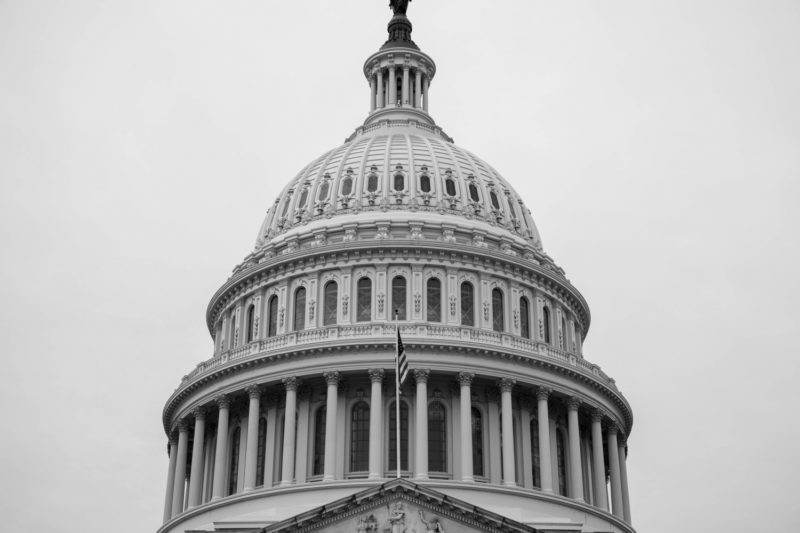Congress Passes the American Rescue Plan

Save as PDF
Update Friday, March 12:
The stimulus bill passed by Congress on Wednesday was signed into law by President Biden on March 11 as the American Rescue Plan Act of 2021 (ARPA). Click here for a summary of employer-related provisions, including those most pertinent to employer-sponsored benefit plans. We expect additional regulatory guidance on several provisions and we will continue to keep you informed.
The U.S. House of Representatives voted today to approve The American Rescue Plan, a $1.9 trillion coronavirus relief package. As the Senate passed the bill over the weekend, it will now go to President Biden who is expected to sign it before his address to the country tomorrow night.
One of the items that will significantly impact employer-sponsored coverage is that The American Rescue Plan will now provide 100% COBRA subsidies from April 1 to September 30, 2021. The U.S. Departments of Health and Human Services, Treasury and Labor, under the Biden administration, are now tasked with providing guidance as to how the full COBRA subsidies will be administered.
The American Rescue Plan also increases Affordable Care Act (ACA) subsidies available to individuals in the exchange by capping the cost of premiums at 8.5% of household income for the benchmark plan. Subsidy enhancements will be retroactive to the start of 2021. Individuals who are currently enrolled in an exchange plan will be able to start claiming any extra subsidy immediately or they can wait and claim it on their 2021 tax return. The additional premium subsidies will extend through 2022.
Families will benefit from an increase in the standard tax deduction for children, along with an increase in the amount that can be set aside for a dependent-care flexible spending account (FSA). For 2021, the increased threshold is $10,500 in a dependent-care account, as compared to the normal $5,000 threshold. Employers must adopt this provision in order for employees to increase their elected funds for their dependent-care FSA; however, it is not mandatory.
An additional $7.5 billion was approved for the Paycheck Protection Program, along with new provisions that will extend the program to larger non-profits and other organizations that did not qualify previously. Businesses will also benefit from the extension of the Employee Retention Credit through 2021.
Other provisions include:
Incentives for states to expand Medicaid
An elimination of the Medicaid drug rebate cap
$1,400 in direct stimulus payments
$350 billion in state and local aid
Funding for COVID-19 vaccine distribution and testing
An extension of boosted unemployment benefits at $300 per week through September 6
$47.8 billion for implementation of a national evidence-based testing strategy.
Scott will continue to keep you updated as we expect additional action from Congress and the Biden administration to address other aspects of the pandemic and to put regulations in place to implement certain aspects of The American Rescue Plan.






